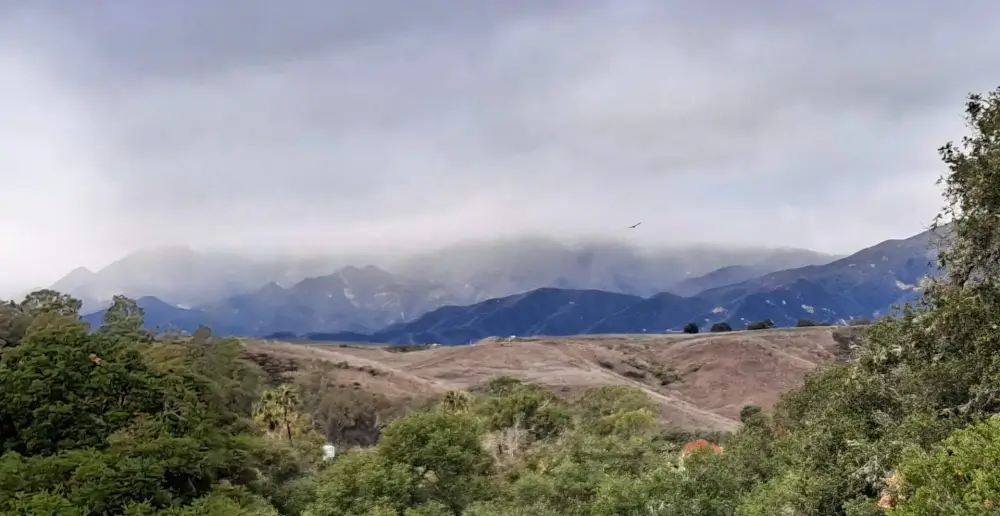
Most of us have experienced being lost, if only slightly lost or lost for a short time. The feeling can grow from general anxiety to full blown panic. The concerns of being lost are for ourselves but also for the people who we know are worried about us. When I left my job and family in Omaha I was already lost. We can be so lost that we don’t recognize our surroundings, ourselves, our friends. My wife knew I was down, deeply depressed, and that something was likely to happen. I did not want to hurt her or the rest of my family. It would have hurt them greatly to commit suicide. It is this point, this feeling of being lost, this state of confusion, when a resources list is needed.
I have a safety plan app on my smart phone. It contains “go to” instructions to follow when I’m down. My first go to is walking. Brisk walking helps me focus on the here and now. It gets me out of my head. The next go to is a list of phone numbers of AA buddies. These guys, I know, will help me in a moment’s notice. Then there’s other phone numbers, resources, organizations, and destinations. The most important thing to keep in mind when you are lost is that being lost is temporary. Just like depression, it won’t last forever. But you need to seek a place of safety.









You must be logged in to post a comment.